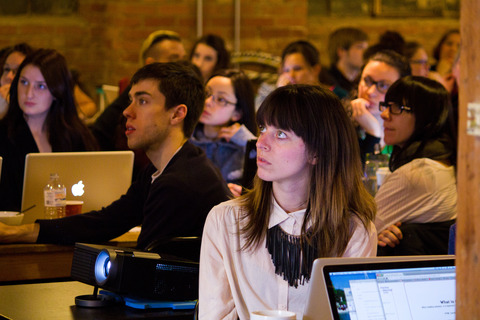This month June, is all about Climate
We are a product of our environment. The environment that all of us share is our climate. Climate, not to be confused with weather – is what represents the Earth’s average conditions over time. It determines what living things like microorganisms, plants, animals, and ourselves – humans can grow and survive.
To some of us, it seems like the evolving state of our climate is making more news headlines than it has been before. The questions is, how much do we know (and don’t know) about our climate, what the current health status of it is, and what it is impacting?
Something that technology is great at doing is bridging knowledge gaps – in particular providing us access to information that live outside of our own immediate networks. Could we use technology to broaden our perspectives and attitudes on the role climate has on how we live, the decisions we make and our health?
This month, we’d like to challenge you to pause, reflect and learn about topics, problems, concerns around the state of our climate – as you create your web projects.
How to participate this month:
As you learn about and develop a fluency on digital tools and programming languages, we would like for you to explore the topic of the global climate. We’ll leave what you want to focus up to you – but thinking about the current state of our climate and what this effects – might be a great starting point!
Teachers: we encourage you to bring this to your classrooms! Check out our teacher resources, select a lesson plan and challenge your students to create their projects around this theme.
We like using “How might we….?” statements – to help encourage the creative problem solving process.
For example, how might we….
- Help farmers – who grow our food – adapt to our changing climate?
- Make knowledge about the climate easier to understand?
- Provide opportunities for people to share their climate adaptation ideas?
- Build more awareness of how we can all be better environmental stewards?
We welcome you to be as imaginative as you like – but here are some example project ideas:
- Create a video game that explains the cause and effect of our our actions, how it impacts the climate and endangering species of animals.
- Create an interactive story about lifestyle adjustments we can make to be better environmental stewards.
- For educators, create lesson plans on what parts of the world are most affected by air pollution and why – as your introduce your students to using digital tools to create.
- Create website about what causes changes to our climate.
Share your digital projects with us!
Share photos, screenshots or videos of your digital projects you’ve started using the #clcCode4Change hashtag! We want to see what you end up creating. Remember that learning something new is a work-in-progress. We hope you continue to work on the project you’ve started with us – beyond the classroom!
Get inspired!
Learn about SmartICE – a climate adaptation tool that leverages knowledge of sea ice, advanced data acquisition and remote monitoring technologies. The team works closely with northern communities to expand economic and social development opportunities and preserve local cultures and lifestyles.
A Climate Change 101 video from Bill Nye The Science Guy
Key reports on climate action, climate economics, and on issues that highlight climate impacts and solutions by the United Nations
A list of tips on how we can be better environmental stewards
National Geographic publishes a collection of articles, photos, stories on Climate Change.
Here’s a great kid-friendly video on Climate vs. Weather
A United Nations resource that speaks to how Climate Change effects Indigenous Peoples
